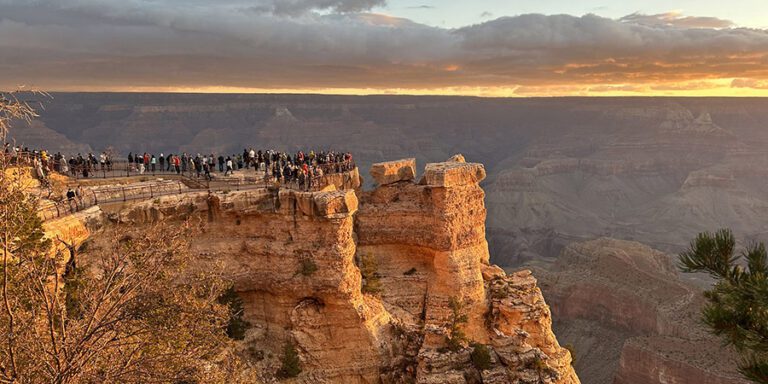Grand Canyon Trust Blog
Get the latest updates on the issues you care about. With our Grand Canyon blog RSS feed, you never miss a post. Sign up
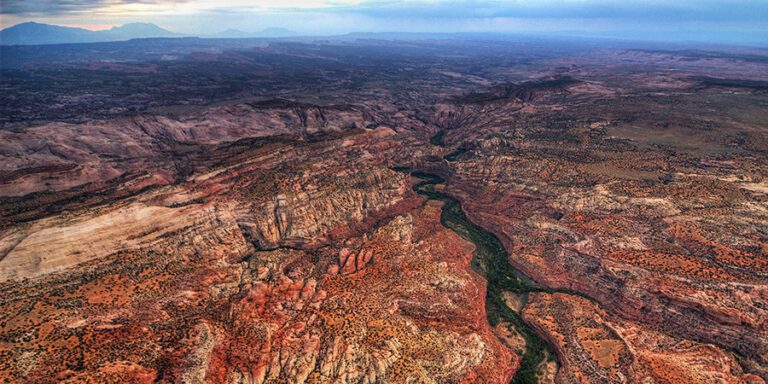
Six Native American tribes with cultural connections to Grand Staircase-Escalante National Monument come together to advocate for their ancestral lands.
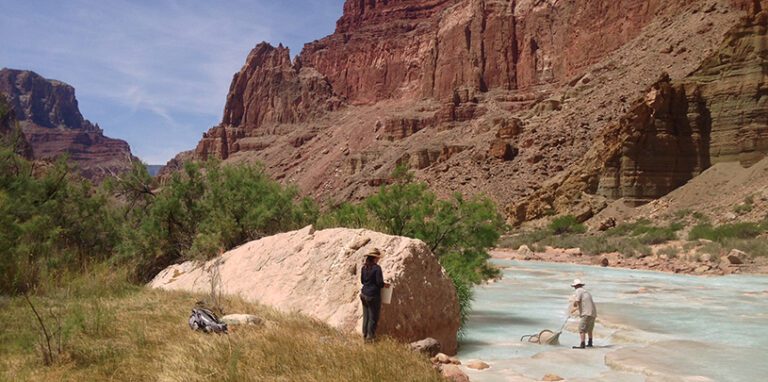
We’re still looking for volunteers to join us in the field. Sign up for a volunteer trip today!
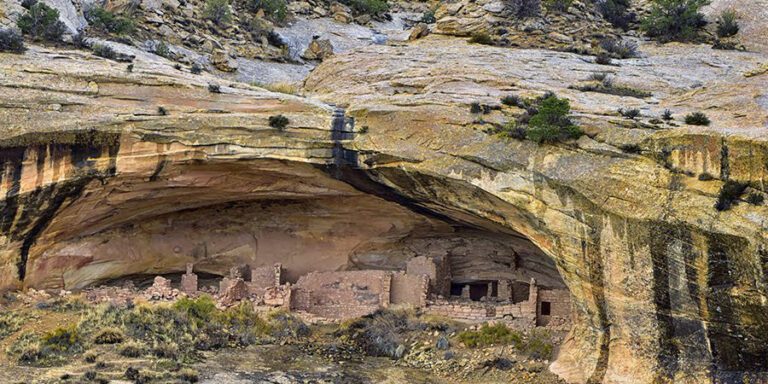
The new administration seems to think getting rid of national monuments will solve an imaginary national energy emergency. It won’t.
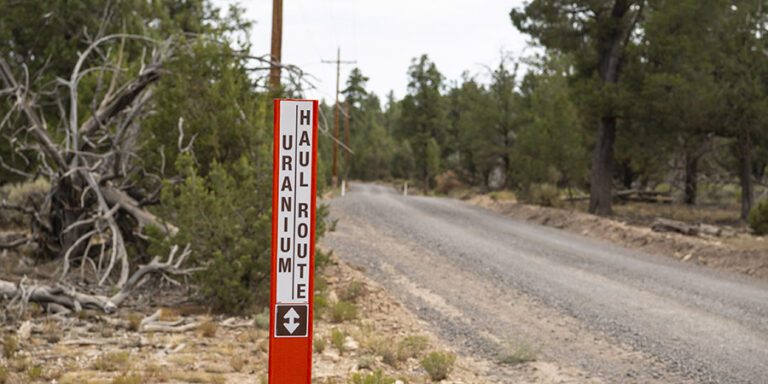
Pinyon Plain uranium mine has resumed trucking uranium ore across the Navajo Nation and Ute Mountain Ute Reservation to White Mesa.
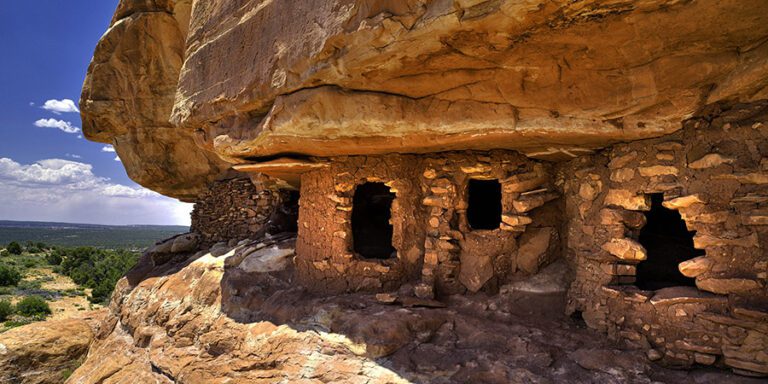
A review of national monuments threatens beloved natural and cultural landscapes protected under the Antiquities Act.
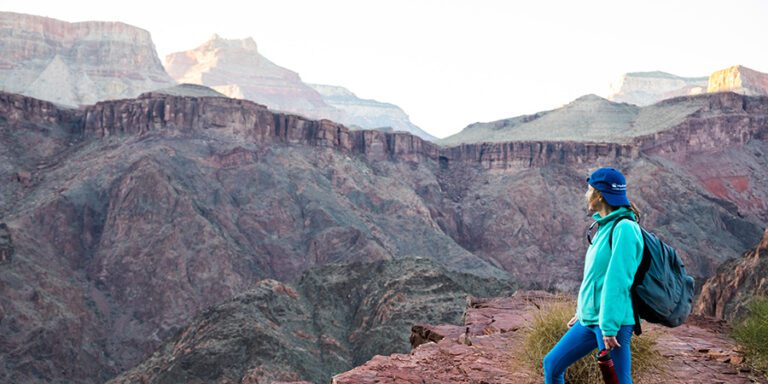
Surprise your sweetheart with one of these Valentine’s Day hikes on the Colorado Plateau.
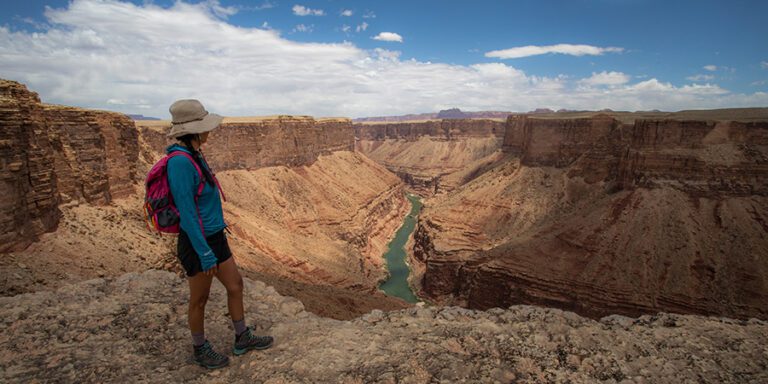
Lawsuits targeting Baaj Nwaavjo I’tah Kukveni national monument were at odds with Arizona voters, 80% of whom support the monument.
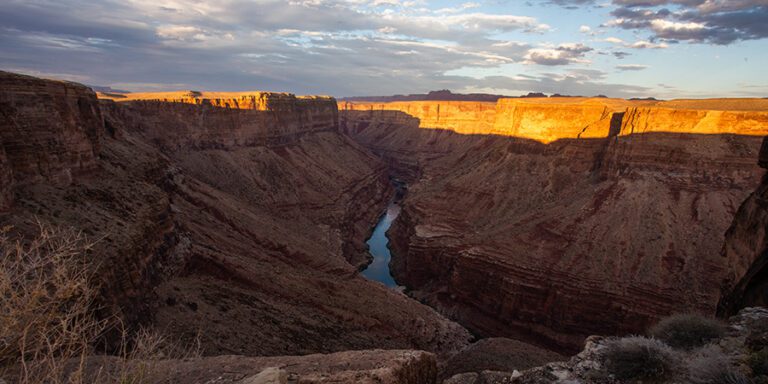
80% of Arizona voters support Baaj Nwaavjo I’tah Kukveni National Monument, according to a new poll.
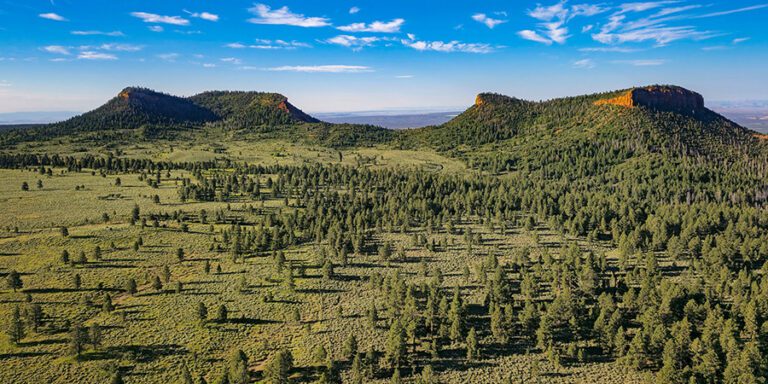
Utah voters strongly support national monuments in general, and Bears Ears and Grand Staircase-Escalante in particular, a new poll shows.
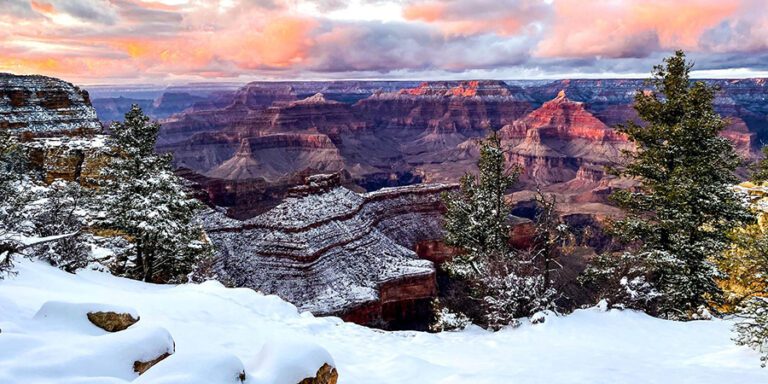
Don’t let a little snow keep you from visiting the Grand Canyon. Here’s everything you need to know for a winter trip to the big ditch.
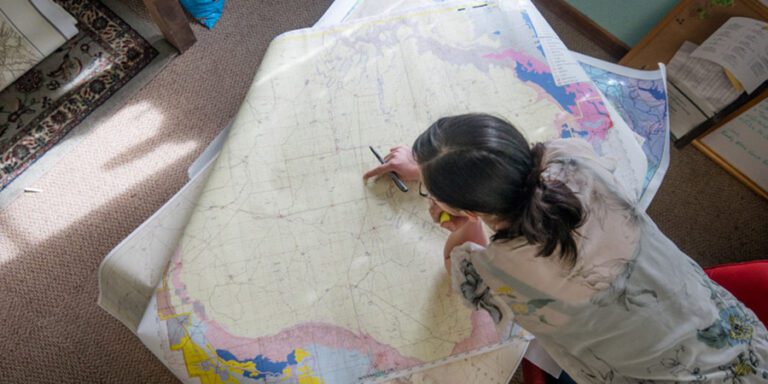
As 2024 draws to a close, we look back at five maps we created this year that give us hope for 2025.
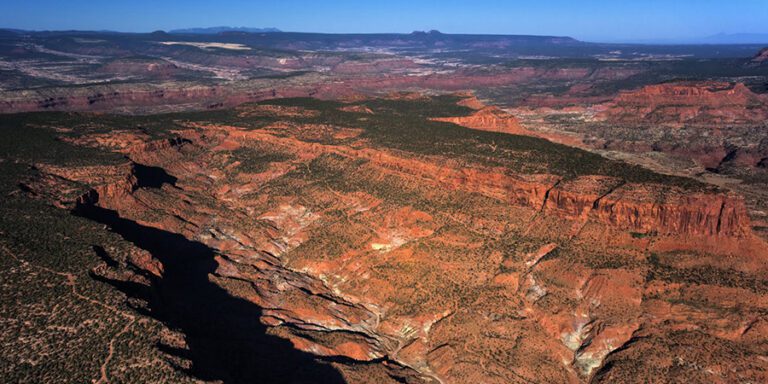
A small victory in the legal case challenging Daneros uranium mine, near Bears Ears National Monument.
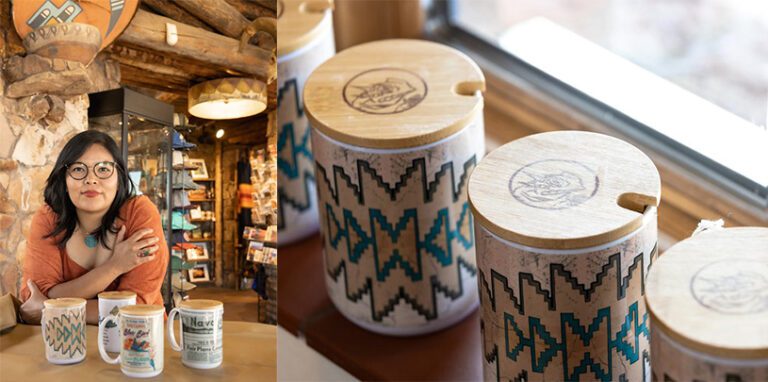
Mugs, handmade soaps, high fashion, jewelry and more. There’s something for everyone on your holiday shopping list.
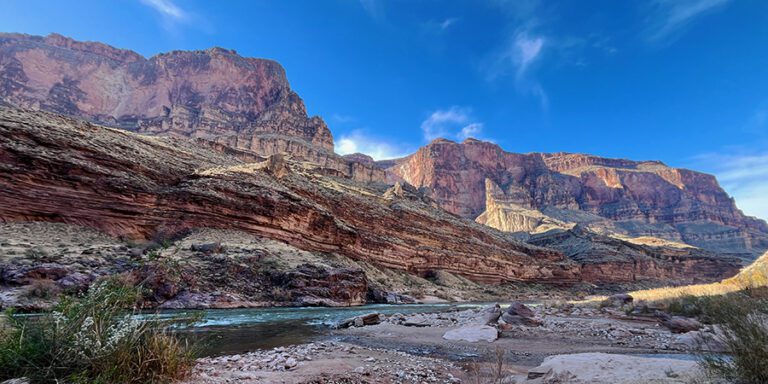
The Colorado River below Glen Canyon Dam is heating up. Find out why.
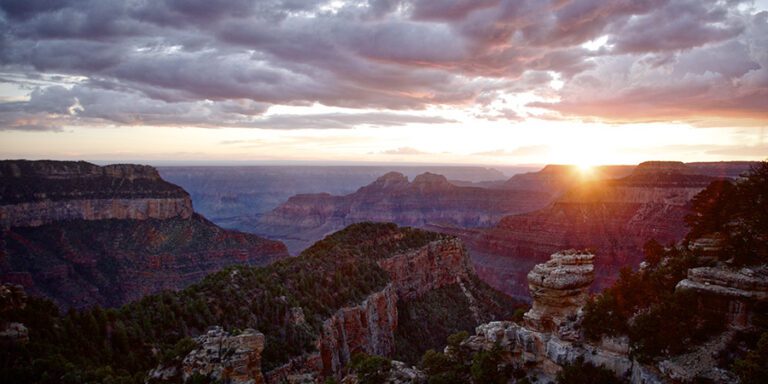
Groundwater pumping at a uranium mine near the Grand Canyon will affect the canyon’s springs, scientists says.
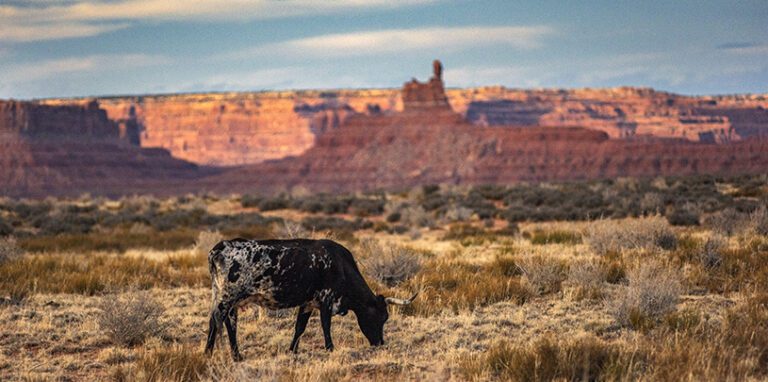
Bears Ears petroglyph panels and cultural sites protected by new proposed management plan.
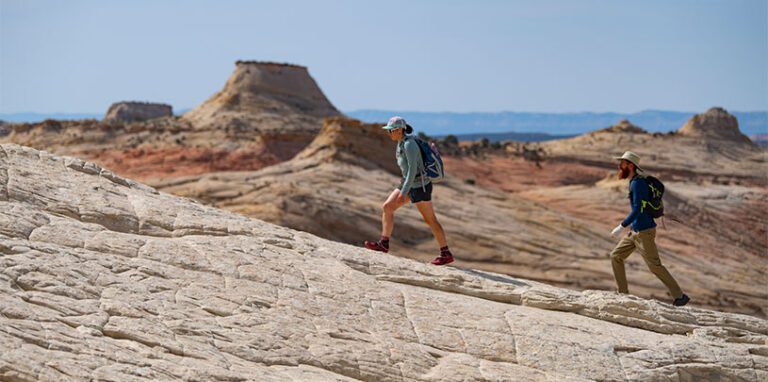
Find out how the Bureau of Land Management is planning to protect old-growth forests, creeks, canyons, fossils, and more in Grand Staircase-Escalante National Monument.
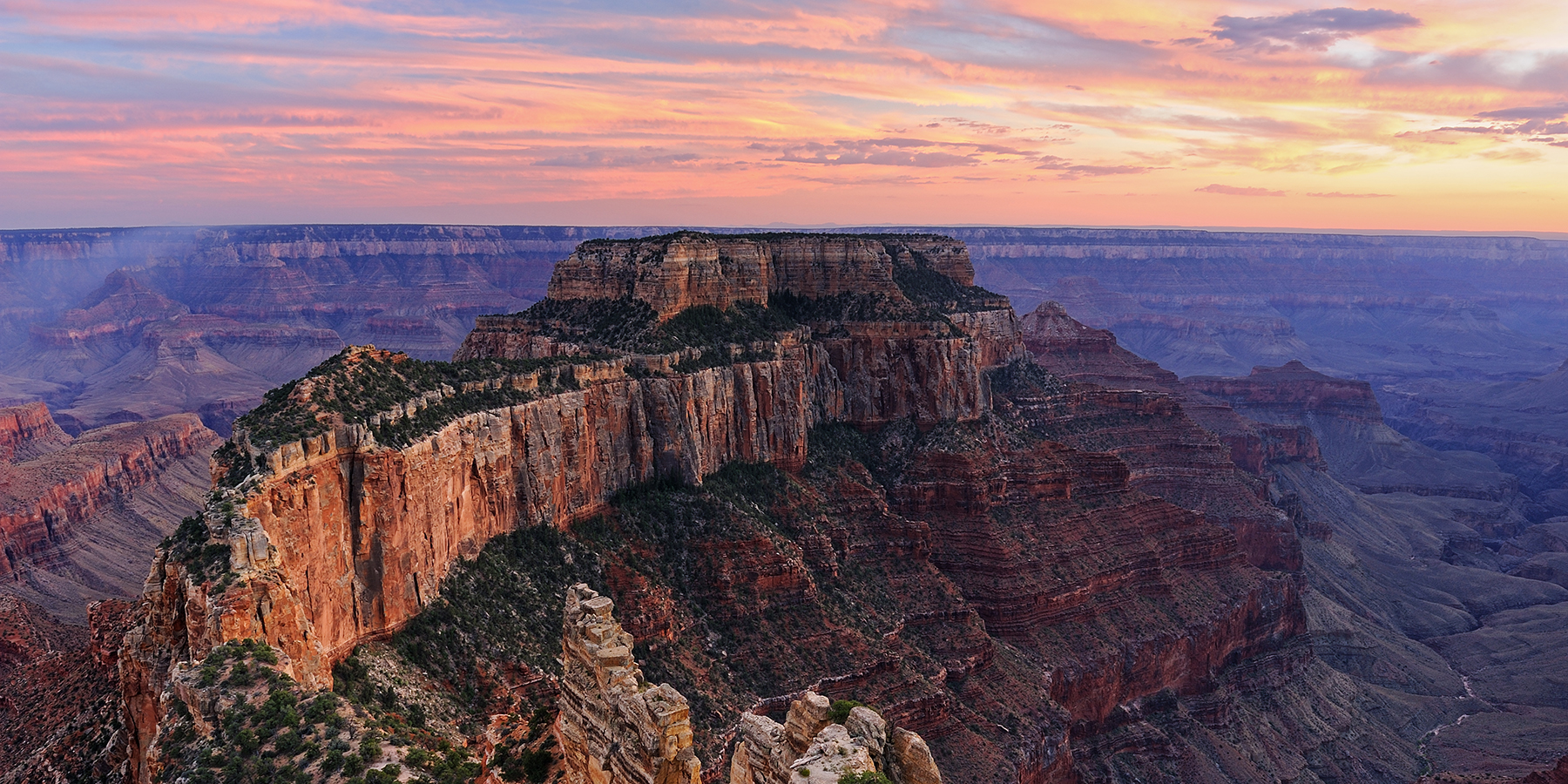
Grand Canyon Conservation Support the Trust and protect the Grand Canyon
Your donation funds on-the-ground conservation efforts and advocacy work.

